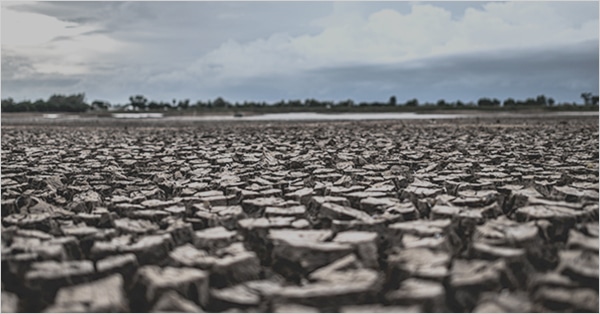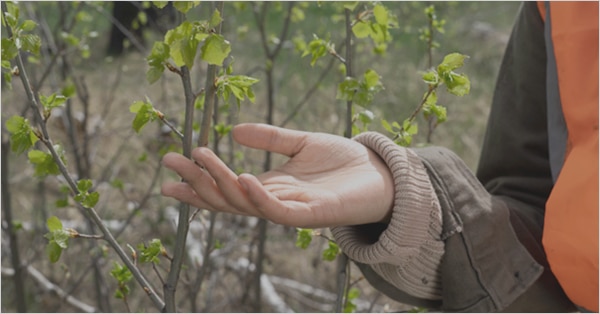
The Inter-American Development Bank (IDB) published a study that examines how sovereign risk spreads and, consequently, the cost of domestic financing responds to climate change vulnerability and preparedness, while recognizing the different dynamics expected of emerging, low-income and advanced economies.
The document is made up of five sections: i) introduction; ii) description of empirical work, focused on a panel quantile regression framework, improved by incorporating common unobservable factors typical of macroeconomics, calling it augmented panel quantile factor regression; iii) details the data obtained; iv) presents the main results and models that account for the incorporation of natural disasters; v). conclusions.
The study shows that sovereign risk exhibits significantly asymmetric reactions to its determinants throughout the conditional distribution of credit spreads, which has relevant policy implications. Countries with elevated risk levels are disproportionately vulnerable to climate change compared to their lower-risk counterparts, especially in the short term. Notably, investing in climate change preparedness proves effective in mitigating vulnerability to climate change, in terms of sovereign risk, particularly for countries with low spreads and long-term debt (advanced economies), where readiness and vulnerability tend to counterbalance each other. However, for countries with high spreads and short-term debt, additional measures are essential as climate change readiness alone is insufficient to offset vulnerability effects in this case. The results also demonstrate that the current occurrence of natural disasters has less influence than vulnerability to climate change in determining the differentials.








 Stay updated on the latest trends of Green Finance
Stay updated on the latest trends of Green Finance

